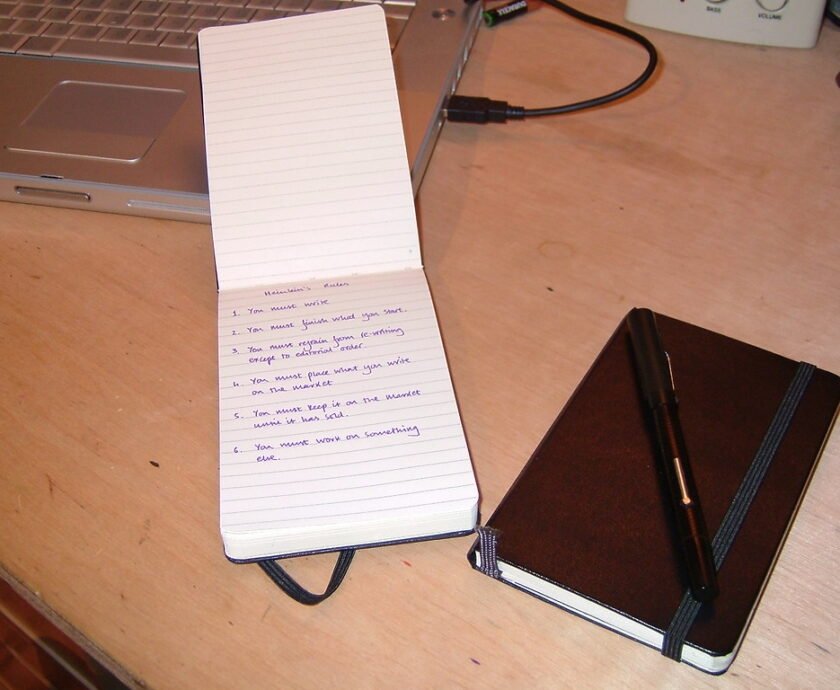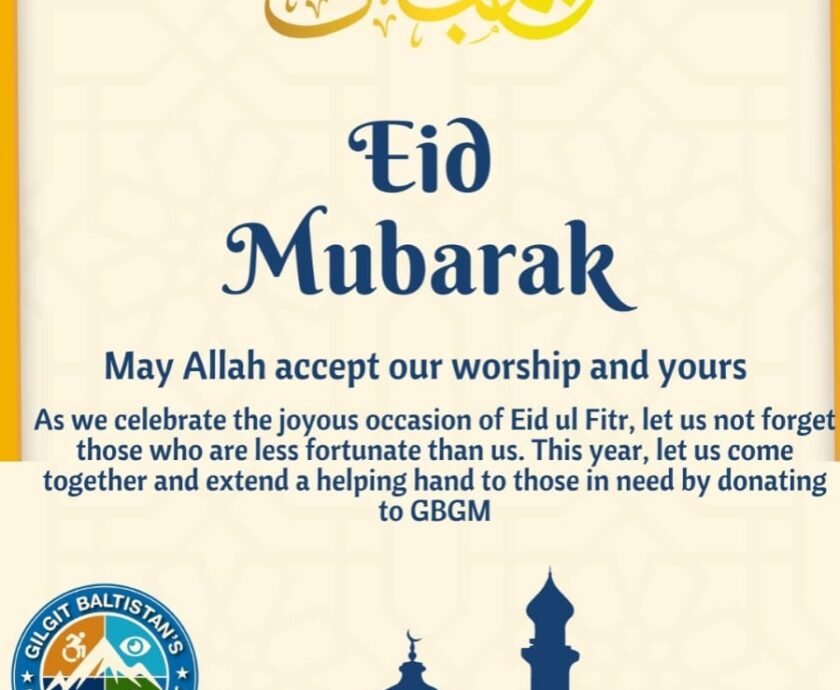The insights gleaned from a recent survey conducted in the United States reveal a noteworthy trend: approximately 14.4 percent of the participants admitted to splurging more than $40 per month on their coffee shop visits. Such statistics bring to light a significant portion of individuals dedicating a considerable portion of their budget to caffeinated indulgences.
Upon conversion, this seemingly innocuous expenditure of $40 translates to a substantial sum of approximately 11,113.36 Pakistani Rupees (PKR). In the context of a region like Gilgit, Pakistan, this amount holds immense potential to fuel transformative change. Whether it’s covering essential expenses like fuel costs or orchestrating inclusive events such as tea parties tailored for the disabled community, the impact of redirecting these funds towards philanthropic endeavors cannot be overstated.
The narrative underscores the notion that even seemingly trivial daily expenses, such as the ritualistic morning coffee or the occasional muffin from popular coffee chains like Starbucks, can amass into a considerable financial outlay over time. By conscientiously reallocating these funds towards initiatives that bear tangible benefits for society, individuals possess the power to catalyze significant positive change, transcending the boundaries of geographical locations.
Moreover, the discourse takes on added significance within the framework of Ramadan, a sacred period in the Islamic calendar characterized by acts of generosity and introspection. It posits that amidst the spiritual rejuvenation and communal solidarity fostered during this auspicious month, the act of forgoing luxuries such as coffee or muffins during Sehri (the pre-dawn meal) or Iftar (the evening meal to break the fast) serves as a potent catalyst for channeling resources towards noble causes.
In essence, the narrative serves as a poignant reminder of the need to recalibrate our spending patterns, especially during moments of heightened awareness like Ramadan. It underscores the imperative of leveraging our financial resources judiciously to address pressing societal needs, thereby imbuing our actions with a sense of purpose and altruism. As we traverse the temporal landscape, it prompts us to reflect on how we can harness our expenditures as a force for good, propelling us towards a future defined by compassion, empathy, and collective well-being.




